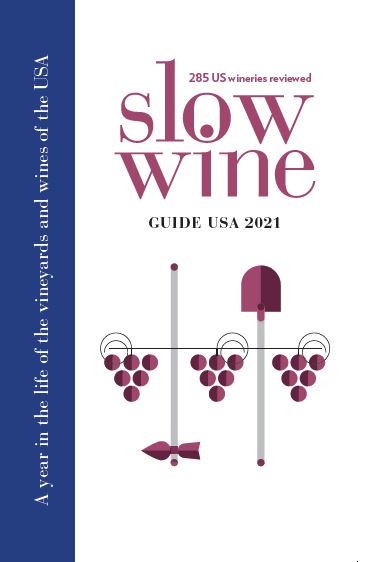“Elk Cove Wines are known for their purity of fruit and finesse.”
– National Editor Deborah Parker Wong, Slow Wine Guide USA 2021
Our 2018 Mount Richmond Pinot Noir is featured in the 2021 Slow Wine Guide: A year in the life of the Vineyards and wines of the USA. This guidebook features 285 US wineries that exemplify Slow Wine principles for good, clean and fair wine.
Elk Cove 2018 Mount Richmond Pinot Noir “Brings aromas of ripe cherry, plum, hints of pepper and earthiness, tasting of luscious dark cherry, blackberry, baking spice, ripe figs, with earthiness and silky tannins.”

Less than 3% of American wineries were selected for the Slow Wine Guide in 2021. Originally developed in Italy, Slow Wine grew out of the Slow Food movement “a global, grassroots organization, founded in 1989 to prevent the disappearance of local food cultures and traditions, counteract the rise of fast life and combat people’s dwindling interest in the food they eat, where it comes from and how our food choices affect the world around us.”
The 2021 edition of the USA guide is devoted to the domestic wineries and the wines of California, Oregon and Washington and New York states. Here you’ll find precise guide entries for 285 producers and more than 850 wines all of which celebrate and demonstrate the Slow Food ethos for “good, clean and fair.” Learn more at slowwineusa.com
Download a PDF of the Slow Wine Manifesto here.




